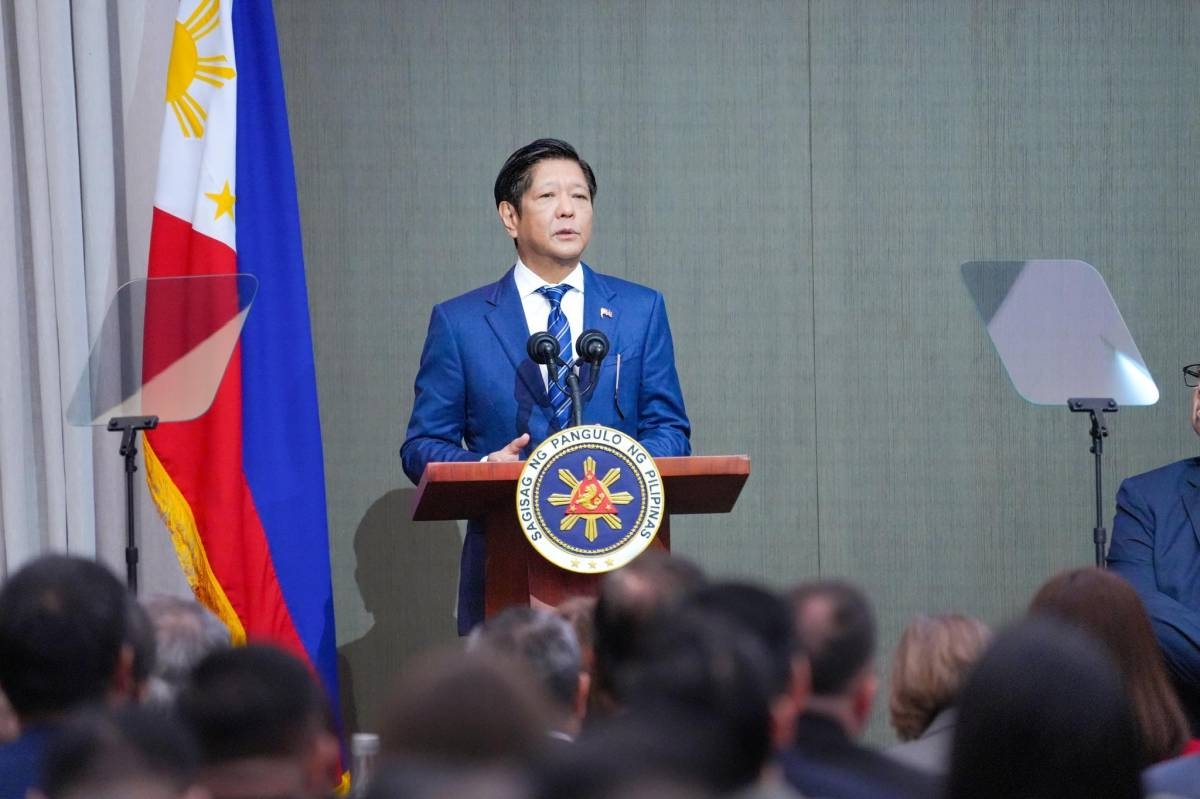President Ferdinand Marcos Jr.’s vision of a “Bagong Pilipinas” (New Philippines) holds the potential to transform the lives of ordinary Filipinos. However, analysts caution that this promise will remain empty if it is not accompanied by a commitment to the rule of law and the implementation of new policies. During a recent broadcast of the “BBC World Questions: Philippines” program, experts shared their insights on the challenges and opportunities that lie ahead for the country.
Akbayan Citizens Action Party President Rafaela David expressed skepticism about the realization of a “New Philippines.” She pointed out that the country continues to grapple with issues such as human rights violations, economic recovery, and high inflation rates. David emphasized the need for the government to introduce concrete programs and policies that will positively impact the lives of ordinary Filipinos.
Journalist and political analyst Richard Heydarian shed light on the concept of “Bagong Pilipinas.” He suggested that President Marcos Jr. is adopting a “techno-populist” approach, capitalizing on nostalgia to appeal to his father’s supporters. Heydarian noted that while Marcos Jr. presents himself as a technocrat, the current administration is still in the process of formulating a clear agenda for the future. The slogan “Bagong Pilipinas” reflects the struggle to define this agenda, distinguishing it from the previous administrations of Benigno Aquino III and Rodrigo Duterte.
Heydarian also criticized Marcos Jr.’s call for “unity” during his 2022 election campaign, labeling it as an empty slogan. He argued that the administration is still grappling with the formulation of a coherent policy agenda. The lack of clarity surrounding the “Bagong Pilipinas” vision raises concerns about the government’s ability to deliver on its promises.
Former Supreme Court associate justice Antonio Carpio expressed his confusion regarding the meaning of “Bagong Pilipinas,” drawing laughter from the audience. Carpio reminded the public of the late President Marcos’ previous concept of “Bagong Lipunan” or “New Society,” which was associated with the Martial Law era from 1972 to 1981. Carpio’s cautionary words serve as a reminder of the potential dangers of repeating past mistakes.
Dean Roberto Galang of the Ateneo de Manila University John Gokongwei School of Management proposed that the government should prioritize the development of new programs, particularly in the digital technology sector. He highlighted the success of Indonesian companies like GoJek and Tokopedia, suggesting that the Philippines should strive to create its own “superstar Filipino application.” By investing in digital technology, the government can foster innovation and create opportunities for economic growth.
In conclusion, the realization of President Ferdinand Marcos Jr.’s “Bagong Pilipinas” hinges on the implementation of new policies and a commitment to the rule of law. While skeptics raise concerns about the clarity and feasibility of this vision, there is an opportunity for the government to address pressing issues faced by Filipinos. By introducing concrete programs and investing in sectors like digital technology, the administration can pave the way for tangible change and improve the lives of ordinary Filipinos. Only time will tell if “Bagong Pilipinas” will be a transformative force or merely an empty promise.
Source: The Manila Times








